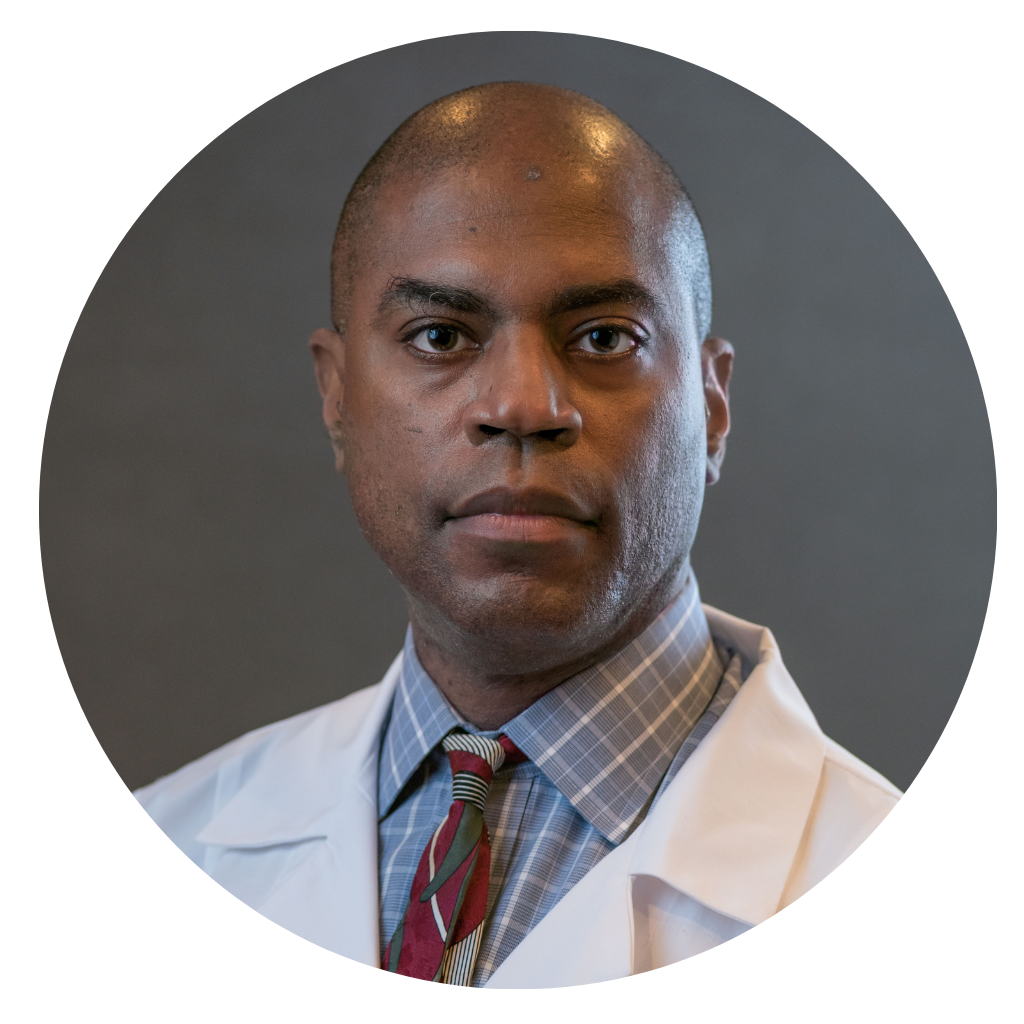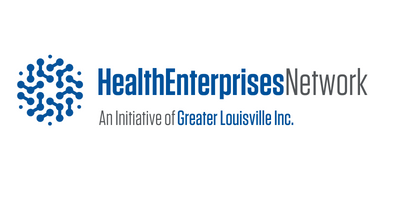
For African Americans starting out in healthcare today, I would encourage them to find sponsors – not just one, but a sponsor for every facet of your life. A sponsor is someone who both advises you and advocates on your behalf. Healthcare is ever changing, and you must evolve with it; however, no one can do it alone…we all need help to be successful.
Christopher M. Jones, MD, Transplant Surgeon, UofL Health
HEN is proud to celebrate Black History Month by highlighting a healthcare leader in our region who has positively influenced and enriched our community. The Black History Month 2022 theme, “Black Health and Wellness,” explores the legacy of Black scholars and medical practitioners in Western medicine and considers activities, rituals and initiatives that Black communities have done to be well.
We talked to Christopher M. Jones, MD, Transplant Surgeon at UofL Health, about projects he’s most excited about, his proudest accomplishment and advice he has for young African Americans starting out in the healthcare industry. Highlights are below.
How did you begin your career in healthcare?
I knew at the age of eight that I wanted to be a liver transplant surgeon. My very first poignant encounter with healthcare and the inequities therein was with my best friend Rose. Rose had a severe case of a rare disease called Alagille’s Syndrome, a genetic disorder that can affect the liver, heart, kidneys and other organs. Unfortunately, Rose’s liver was affected; she eventually went into liver failure and needed a liver transplant. Because of where she lived and her parent’s socioeconomic status, she didn’t receive that lifesaving transplant and passed away. It was at that time that I committed myself to the study of medicine and surgery so this would never happen to anyone else.
What is Future Healers and what inspired you to create the program?
Future Healers is a program helping children in underserved neighborhoods navigate the trauma of violence and inspire them to build a better future for themselves and their communities. I give all the credit to our University of Louisville medical students. Future Healers was borne out of frustration and anger with the racial injustice that consumed our city and country during the summer of 2020. Our students wanted to channel what felt like helplessness into positive action. They asked one simple question: how can we give back to the community that is supporting us in our efforts to become physicians? Knowing we would need a community partner to help us with this initiative, we reached out to Christopher 2X and his Gamechangers program, and we are flourishing. Future Healers continues to grow and is now engaging and educating fifty children and their families across the commonwealth.
What accomplishment are you most proud of?
The accomplishment I am most proud of is first and foremost my family. My family has been there through it all and has made me into the man I am today. I am forever grateful for their resilience and unwavering love. Another one of my most treasured accomplishments is the scores of medical students and residents that I have somehow influenced to go into surgery, and specifically transplant. Academic surgery is not for the faint of heart, but the joy I derive from teaching and engaging with these impressionable minds makes it all worthwhile.
What are some of the projects or initiatives you’re most excited about at Trager Transplant Center?
We have a lot of projects in play at the Trager Transplant Center, but there is one initiative that’s been a labor of love: the African American Transplant Access Initiative. Transplant, as is the case with many fields in medicine, is wrought with inequities, especially among African American patients. We are seeking to reduce and/or eliminate these barriers by not only educating the community, but also by obtaining philanthropic funds specific to this initiative such that financial barriers can be surmounted.
Who was an early mentor for you that helped you shape your professional career?
I’ve had multiple mentors growing up, but I would have to say my father was my most staunch advocate. He made sure my brother and I knew at an early age that education, coupled with hard work, and relationships were of utmost importance, and both should always be nurtured. My father also gave me my work ethic and tenacity. I count it a blessing to have had my father in my life, and I don’t think I’d be where I am today if I hadn’t.
What advice do you have for young African Americans starting out in the healthcare industry?
For African Americans starting out in healthcare today, I would encourage them to find sponsors – not just one, but a sponsor for every facet of your life. A sponsor is someone who both advises you and advocates on your behalf. Healthcare is ever changing, and you must evolve with it; however, no one can do it alone…we all need help to be successful. Lastly, I would say, don’t let the field consume your life. Always make time for yourself and your loved ones. In essence let your job be what you do – not who you are.

Recent Comments